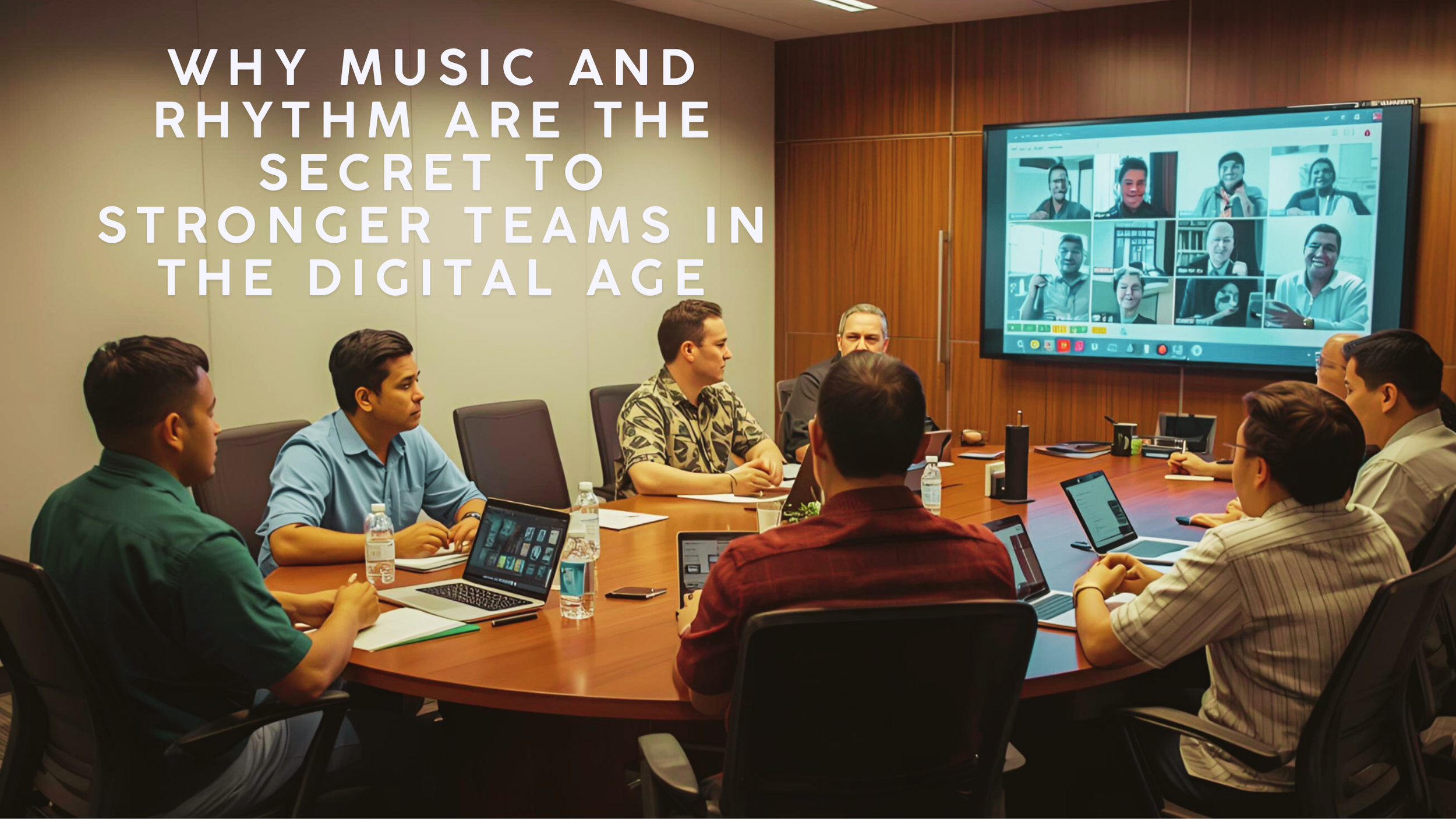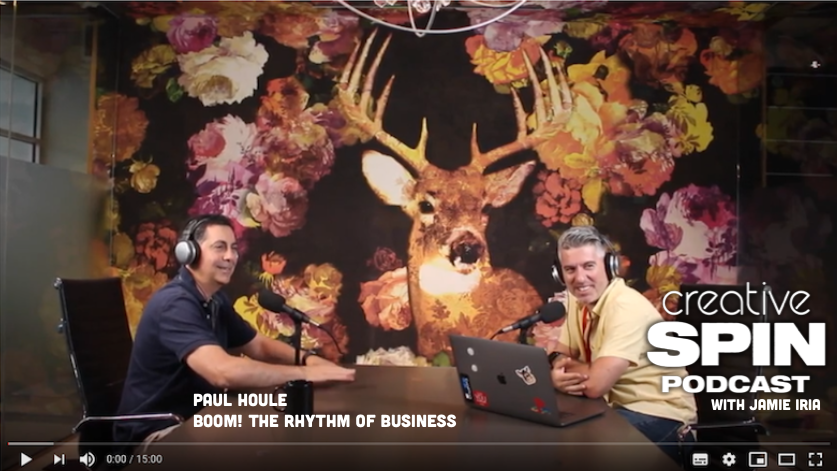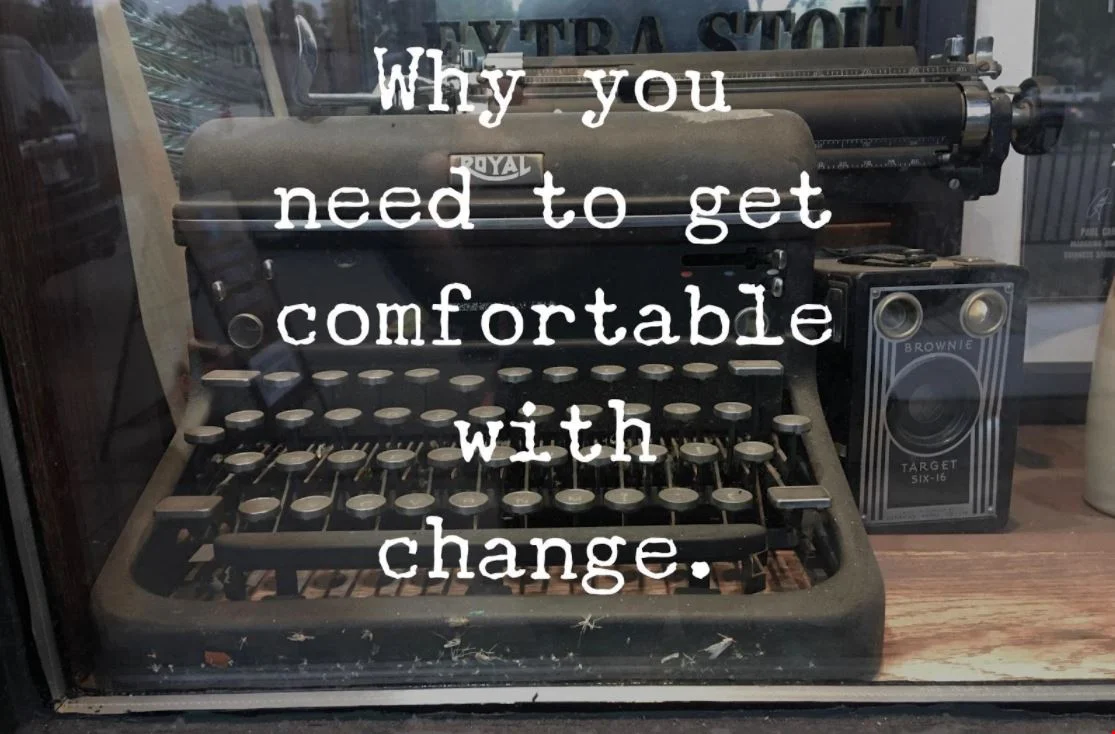
Popular Posts
Meet Paul
Paul is an expert at showing corporate teams how to be more unified and more collaborative. His proven team building program is guaranteed to bust through the silos as he shows your team how to be as unified as the players in a great orchestra.
A-list corporations have been using Paul’s team building program for almost two decades, his audiences include Microsoft, RBC, Goodyear, ING, Heineken, FedEx, PwC and P&G.
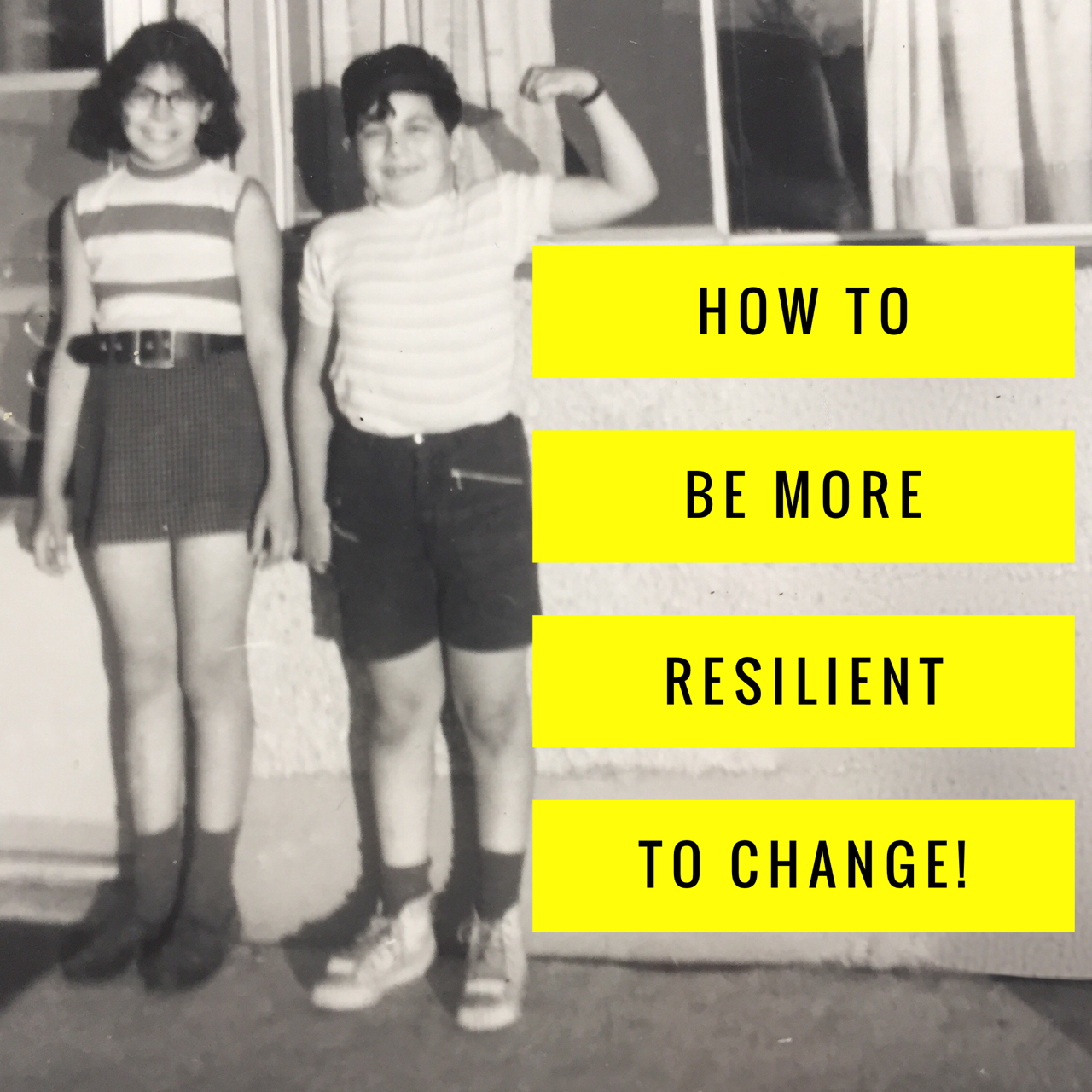
How to be more resilient to change!
If you were like me, as a kid, you faced change head on and did so pretty often.
Every year, you’d get a new teacher, were put in a new class or sent to various lessons, played on new sports teams. In summer, you’d go to camps with new kids and group leaders.
I don’t know about you, but I don’t ever remember being asked, “Hey Paul, would you like to do this or that?” I just remember ending up in a lot of new situations. It just happened and I had to deal.
We may not have realized it but, as kids, change was around every corner and yes, sometimes it was scary. But you know what? We dealt and I don’t ever remember complaining about “change”.
We had resilience.
So now that we’re all grown up, where did our resilience go, and more importantly – how can we get it back?
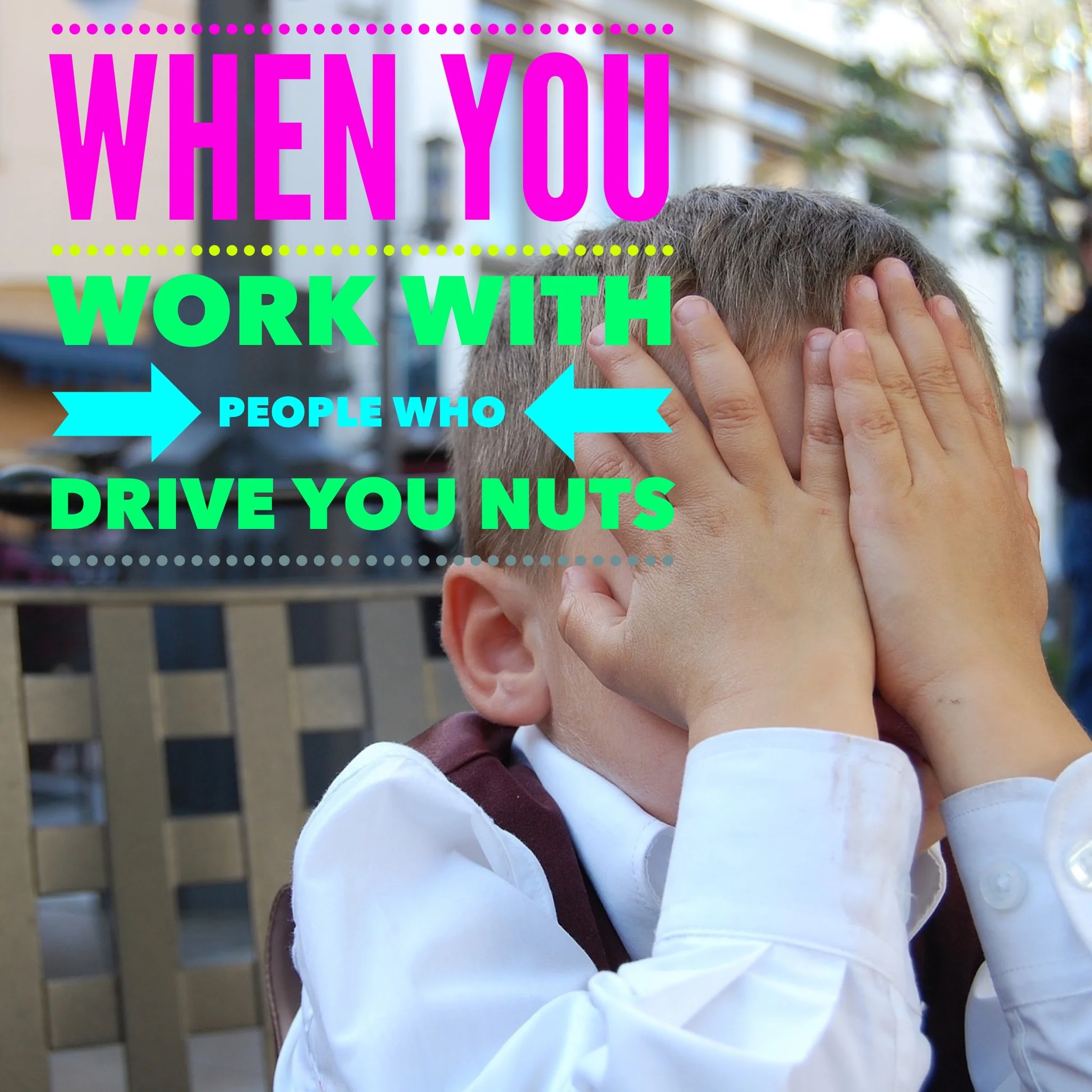
When you work with people who drive you nuts.
You know who I’m talking about: they clip their nails at their desk, they air out their smelly feet right next to you, they lick the lid of their Tupperware container in a lunch meeting, they seem to know nothing about personal buffer zones.
Like me I am sure you have been to more than one dinner party where you’ve heard people complaining about a colleague who simply drives them nuts.
It’s a problem that comes back time and time again because people are people and gosh darn it we’re sensitive creatures… well except for “those guys”, right?
Sometimes, we can’t put our finger on why someone really irritates us. Sometimes, we could make a list a mile long.
Does our tendency to find some people around us very irritating make us bad people? No, it makes us very human. The question is, what we can do about it?
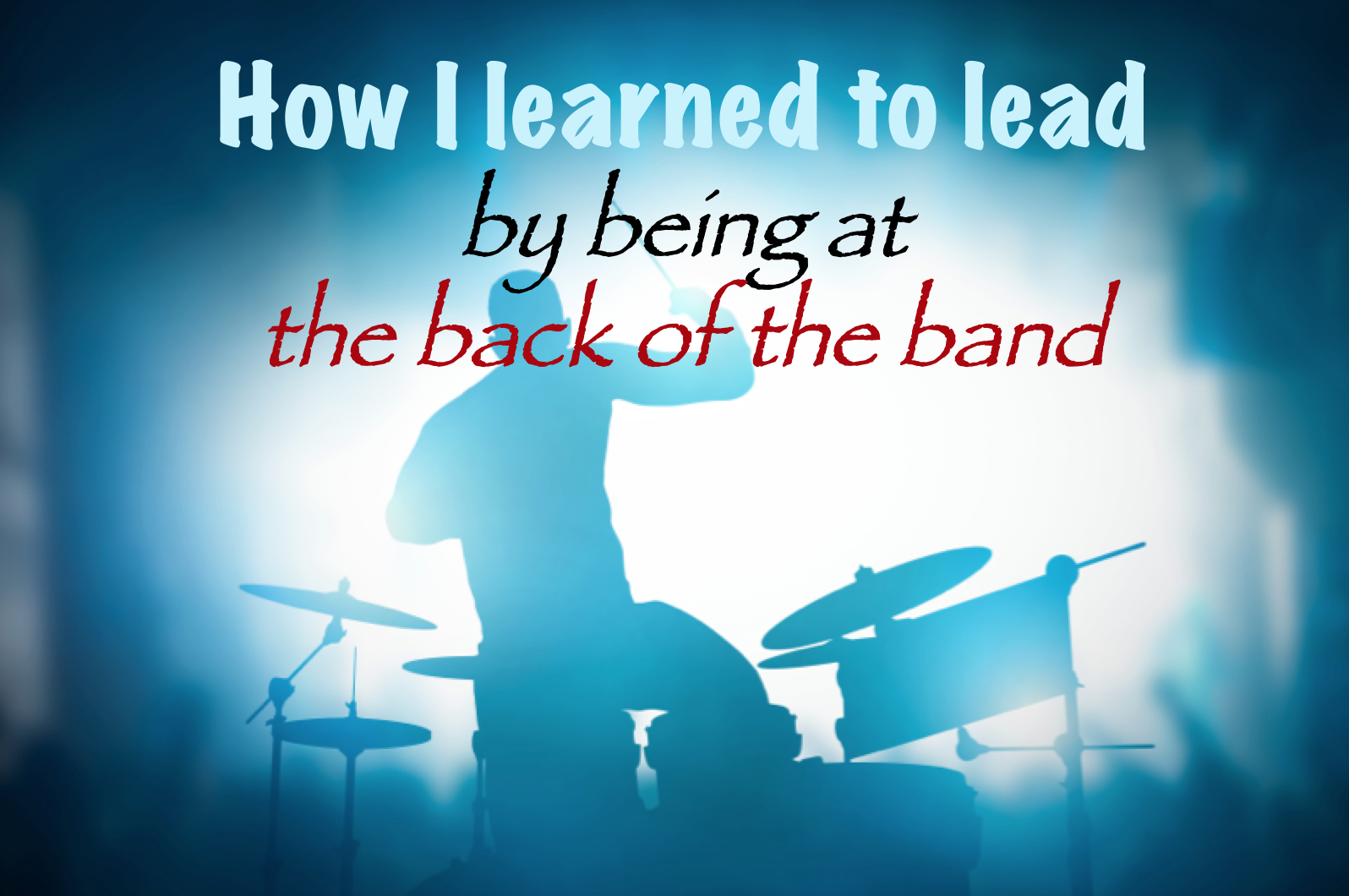
How I learned to lead by being at the back of the band
When I was kid, I never aspired to be the leader. I was quite happy to not to be the kid who got to choose all the players for the pick-up soccer game at recess.
I’m not sure why. Maybe I was shy, maybe it’s because I wore glasses that could have been props in Revenge of the Nerds, or I didn’t fit into my view of what I thought a leader should look like: muscular, square-jawed, cape, tights and a cool utility belt.
I never liked sitting in the front row or raising my hand first for something. I always liked to assess the situation before diving in. This strategy worked very well for me. Very well, that is, until I became a drummer.
Once I started, I was addicted to how great it felt - the power, the physicality - but what I didn’t expect from drumming is what it would teach me about leadership.

Simple secrets that will help you smile more at work
Like many of you this time of year, I recently got back from a summer holiday.
One of the constants for our family while on holiday is eating in restaurants. And aside from enjoying a great meal, I find restaurants to be a great place to see engagement and collaboration in action all built around the biggy – customer service.
One night, a particular place stood out for me, not just because of the great food but because of the amazing service.
The star of the night (other than the food) was our waiter.
Supremely confident, knowledgeable, and obviously unflappable. I couldn’t help but notice how happy he was. He was laughing, smiling and carrying on, having great interactions with every table. I had to know how he got through these nights and more importantly I had to know his secret to be being so happy at work.
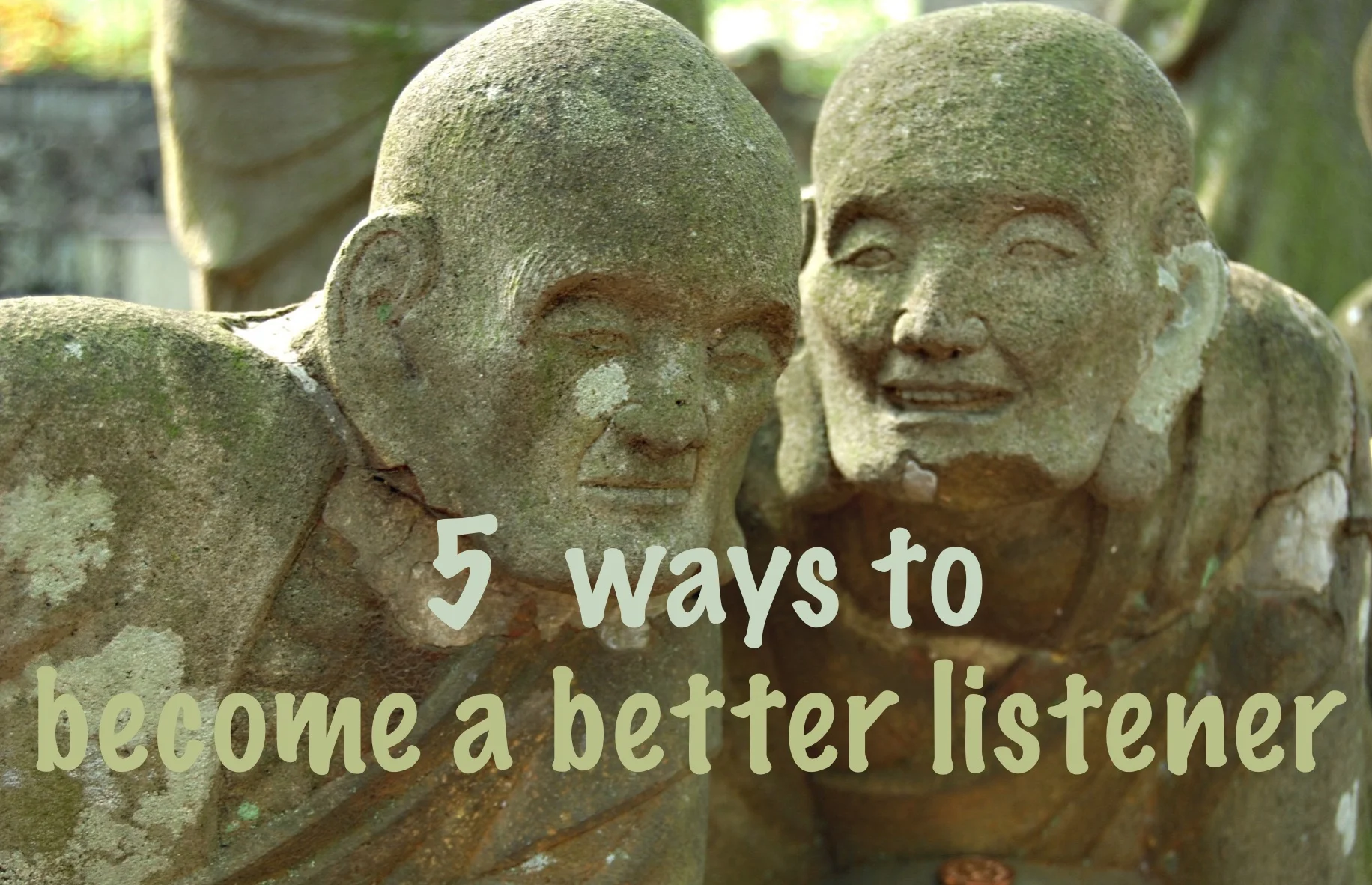
5 ways to become a better listener
When I first started on my path to becoming a professional musician I didn’t realize that being able to listen well was going to be my survival skill.
I didn’t realize that it didn’t matter how many notes I could play on whichever instrument.
I didn’t realize that I could make or break a rehearsal or performance by how much I used my listening skills, thereby lengthening or shortening my career.
Fortunately for me, I learned to listen and listen well. And when I really think of it now, over the years, I have listened more than I have played, and that’s a good thing. I'll repeat that - I have listened more than I have played. Many thanks to my teachers and colleagues for telling me ( No, yelling at me) to "LISTEN!".
How about you? How many times have you thought about saying it to a colleague or employee: “I wish you would just listen more?”

